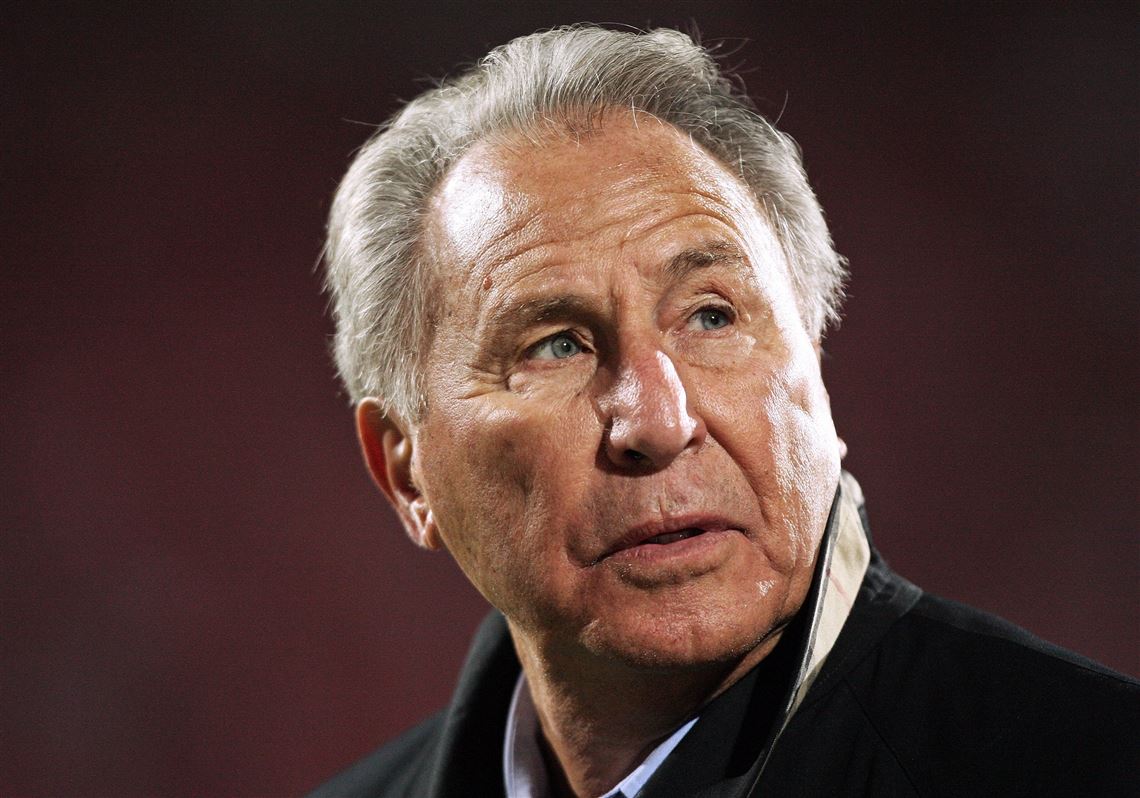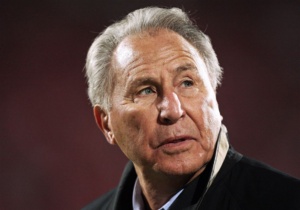

When Lee Corso slips on his final headgear this Saturday at the Horseshoe, it will be bittersweet and sad for all of us sports fans because we know we just witnessed the final moment of the greatest and most iconic college football personality ever. For over 30 years, Coach Corso has transformed Saturday mornings in the fall. Once it hits 11:30 am Eastern time, the stadium starts to roar, the fans at home lean closer to the television, and “College GameDay” reaches its crescendo as they start to make their Saturday predictions. We all wait to see which headgear Lee puts on. The man who turned a simple prediction into the most beloved spectacle in the sport.
But Lee Corso’s legacy is much bigger than a headgear gag. It stretches across decades as a coach, broadcaster, entertainer, and cultural touchstone. He didn’t just narrate college football; he became part of its fabric.
From the Sidelines to the Studio
Before television made him a household name, Corso was a coach. A Florida State quarterback in the 1950s, he carried the competitive spirit into his own head coaching career. Most notably, he spent a decade at Indiana (1973–82), where he took the Hoosiers to only their second-ever bowl game and delivered the program’s first bowl victory.
He wasn’t Nick Saban. He wasn’t Bear Bryant. But Corso understood the game — the X’s and O’s, the recruiting wars, and the pressures of leading young men. That authenticity became his secret weapon when ESPN hired him in 1987 to help launch a then-niche Saturday morning show.
At the time, “College GameDay” was a modest pregame program. Corso’s humor, candor, and occasional outrageousness helped turn it into must-see television.
The Headgear Moment
Every legend needs a signature act. For Corso, it was born almost accidentally in 1996 when he donned Brutus the Buckeye’s mascot head before Ohio State played Penn State. Fans loved it. ESPN loved it. And Corso had found his stage.
Since then, the headgear pick has become appointment viewing, the payoff to a three-hour buildup of analysis, laughs, and road-show pageantry. It’s uniquely Corso: unpredictable, theatrical, and delivered with a wink. Even as his speech slowed after a 2009 stroke, he never lost the joy of putting on that oversized head.
A Symbol of College Football’s Heart
What sets Corso apart isn’t just the act. It’s the heart behind it. While analysts come and go, chasing sharp takes or edgy insights, Corso always brought warmth. He’s the funny uncle of college football a man who can needle his co-hosts one moment and tear up the next.
His catchphrase “Not so fast, my friend!” Will live on forever, but after his stroke, many wondered if he’d retire. Instead, ESPN kept him on air, with Kirk Herbstreit and others supporting him, showcasing something rarely seen in television: patience, loyalty, and genuine affection. Corso’s presence became less about perfect delivery and more about what he represented: resilience, tradition, and the unfiltered love of the game.
The Lasting Impact
When next Saturday comes and Lee Corso is no longer on “College GameDay,” the show will continue, but it will never be the same. His career proves that legacy isn’t about wins and losses or perfect analysis. It’s about joy, connection, and being unforgettable.
Lee Corso made college football bigger, brighter, and more human. For decades, he has been the heartbeat of Saturday mornings. And long after this Saturday, when he puts on his final headgear and picks either Texas or Ohio State, his smile, his humor, and his spirit will remain stitched into the soul of college football forever!
Thank you, Coach!

